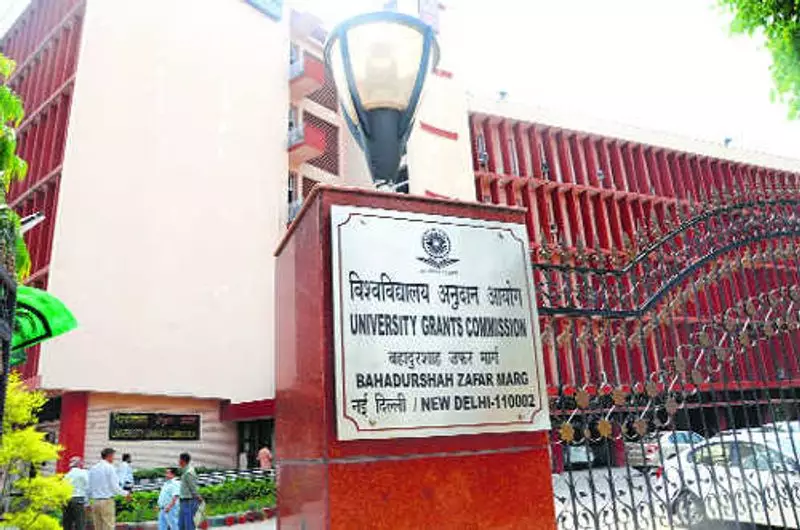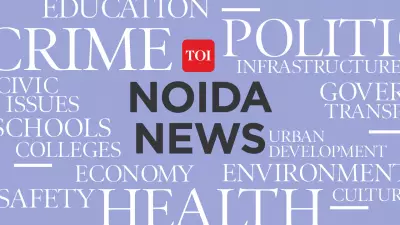
India's higher education system is facing an unprecedented crisis of credibility, with regulatory bodies failing spectacularly in their oversight duties. The consequences are dire: thousands of students receiving substandard education from institutions that should never have been approved in the first place.
The Alarming State of Regulatory Oversight
The University Grants Commission (UGC) and All India Council for Technical Education (AICTE) stand accused of chronic regulatory failure. These bodies, tasked with maintaining educational standards, have instead become enablers of mediocrity through lax enforcement and questionable accreditation practices.
Recent investigations reveal that numerous institutions operating without proper approvals continue to admit students year after year. The regulatory capture has become so severe that it threatens to undermine the entire value of Indian higher education degrees.
How We Reached This Breaking Point
- Profligate approval policies: Regulatory bodies have greenlit institutions without proper infrastructure or qualified faculty
- Weak enforcement mechanisms: Even when violations are identified, corrective actions remain minimal or non-existent
- Accreditation shortcomings: The National Assessment and Accreditation Council (NAAC) faces criticism for inconsistent evaluation standards
- Political interference: Educational institutions have become tools for political patronage rather than centers of excellence
The Real Victims: Students and India's Future
Thousands of bright young minds are paying the price for this regulatory collapse. Students invest their time, money, and dreams into educational programs that fail to deliver quality instruction or meaningful qualifications. The damage extends beyond individual disappointment—it impacts national development and global competitiveness.
"When regulatory bodies sleep at the wheel, students crash their careers," observes an education policy expert. The human cost of this failure is immeasurable, with generations of students bearing the consequences of systemic neglect.
Urgent Reforms Needed
- Complete regulatory overhaul: Restructuring oversight bodies with greater autonomy and accountability
- Transparent accreditation: Implementing rigorous, data-driven evaluation processes
- Student protection mechanisms: Creating robust grievance redressal systems
- Industry-academia collaboration: Ensuring educational outcomes match employment requirements
The time for cosmetic changes has passed. India needs a fundamental rethinking of how it regulates higher education, putting student interests and educational quality at the center of all policy decisions.





